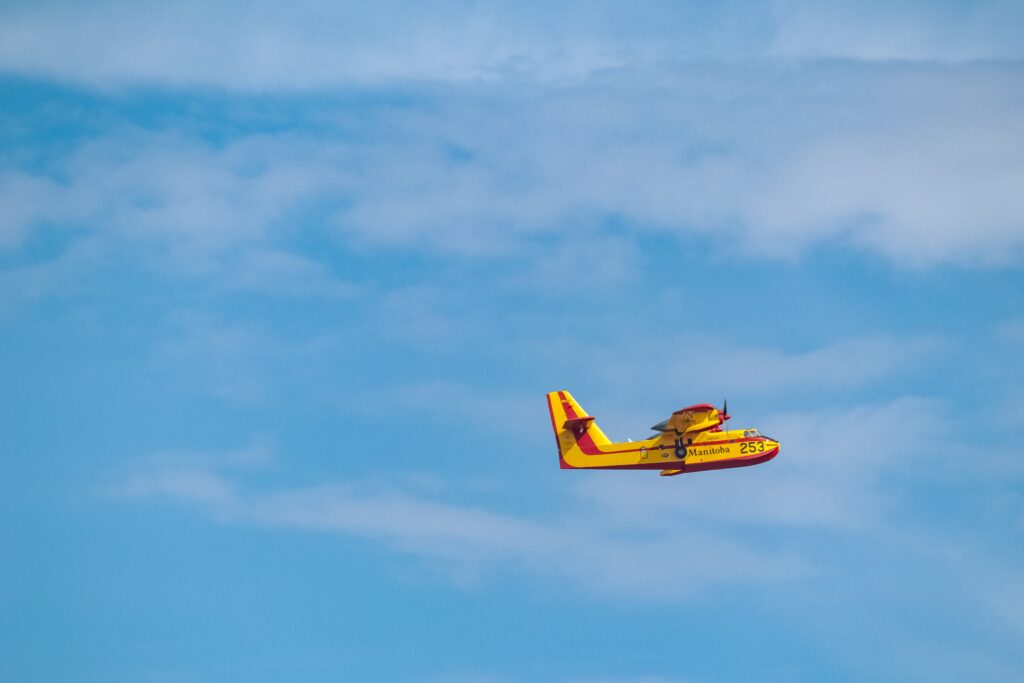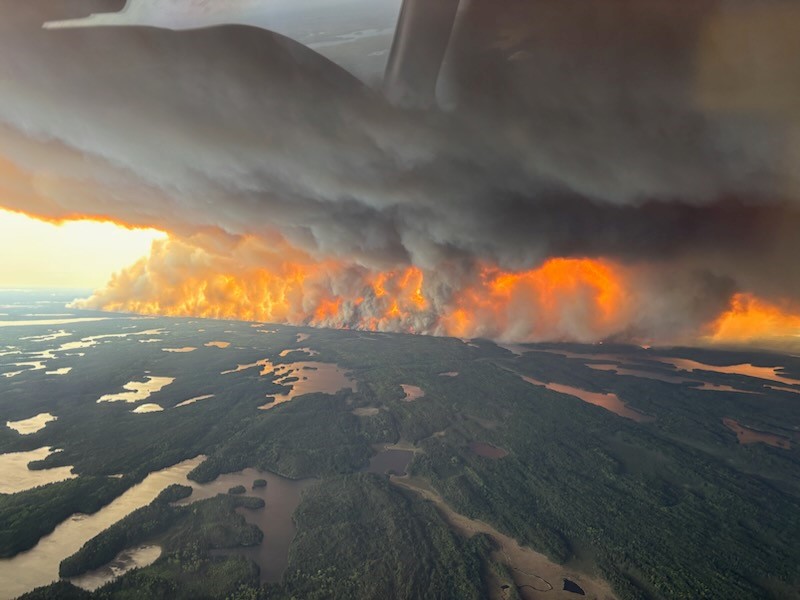On October 10, Babcock Canada’s (Babcock) 2025 wildfire season officially came to an end.

Since 2019, Babcock has managed, and maintained Manitoba’s fleet of seven amphibious water bomber aircraft and three Twin Commander 690 ‘bird-dog’ aircraft.
2025 saw one of the busiest wildfire seasons on record, with 2,169,858 hectares burned. Babcock’s team of dedicated Aircraft Maintenance Engineers (AMEs), alongside our team of dedicated support staff and crews, worked diligently to keep the aircraft serviceable and ready for dispatch. This season, the Province of Manitoba saw 432 fires. As a result, Babcock’s crews, responded to 778 fire missions, and completed 9,069 water drops, while maintaining a 98.6% availability rate, keeping its fleet of CL-215s, CL-415s, and AC690s airborne in support of Manitoba’s Wildfire Service.

During this season, Babcock also deployed its Tanker Group from Gimli, Manitoba, to assist the wildfire suppression efforts taking place in Nova Scotia. Two CL-415 water-bombers and a ‘bird-dog’-aircraft were deployed, alongside a crew of five pilots, two AMEs, and one air attack officer.
Babcock is delighted to announce that our aviation team in Manitoba has achieved the Manitoba Aerospace Award of Excellence in Teamwork for their hard work and contributions made during the 2025 wildfire season. This award recognizes the dedication, coordination, and resilience of the team, demonstrated in one of the busiest and most challenging wildfire seasons on record. Additionally, the team won the Think: Outcomes Award at the 2025 Babcock Ignite Awards. Both awards celebrate the incredible achievements of the aviation team and recognizes the dedication, skill, and unwavering support from our AMEs, dedicated support staff, and crews.
Babcock is proud to work alongside the Province of Manitoba, as we work together to keep the communities, people, and natural resources of Manitoba, and Canada, safe.
Thank you to the crews, support staff, and AMEs, as well as the efforts of all firefighters, for your dedication and service throughout the 2025 fire season.




